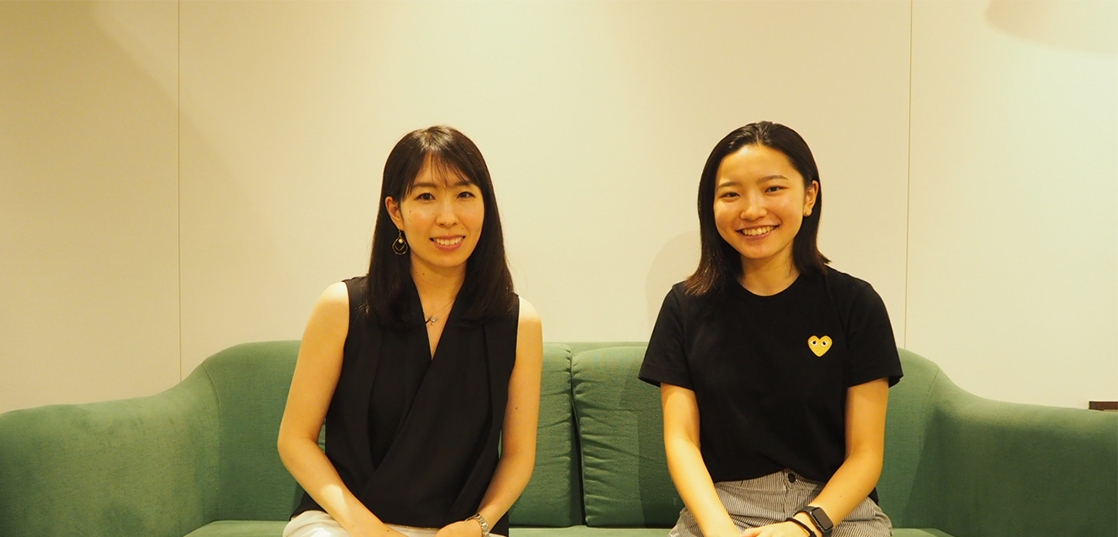What should adults look for in young people and young people in adults to create a sustainable future for the planet? In response to a question from Euglena 's first CFO (Chief Future Officer), Kyoko Ozawa, we held a dialogue with Shoko Takahashi, the Executive Officer and representative of GeneQuest. What is the future image of the two people, the career choices of young people, and the ideal way of education? The dialogue begins with Ozawa's question to Takahashi.
"What do you think of our generation under the age of 18?"
"Shirake" "Relax" ... Generations are always "kulled"
Shoko Takahashi (Takahashi): I don't mean to make it difficult to say, "What is the younger generation now ...", but the tendency is that young people today have more connections and experiences with people than in the traditional capitalist economy. I have the impression that we are steadily shifting to a "value economy" that respects individual values. I feel that there are many people who value irreplaceable value, unlike the times when older generations had a status of owning things such as expensive cars and large houses.
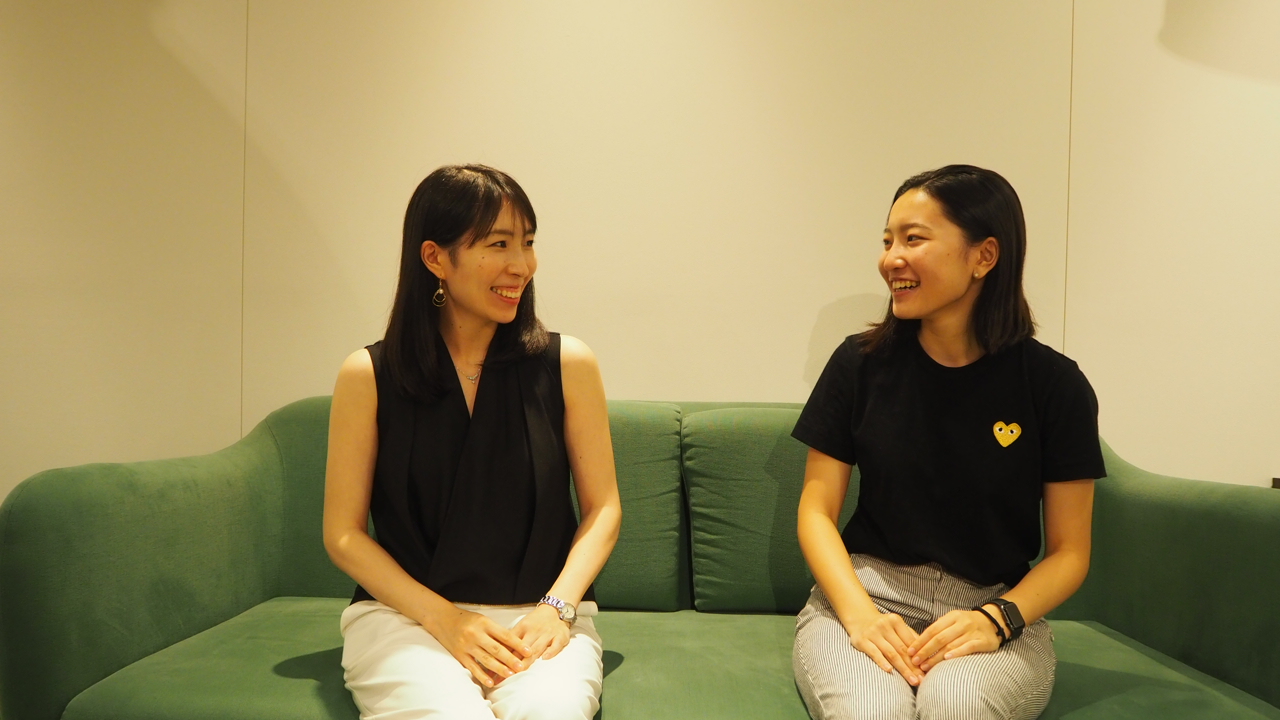
Kyoko Ozawa (hereinafter referred to as Ozawa): There is a considerable difference between the words spoken by people older than their parents and the words spoken by Euglena 's colleagues, and in fact, we are difficult to bite as "young people". I feel that there are many.
Takahashi: For example, what kind of words are you using?
Ozawa: I've been doing activities outside of school for a long time, but it's often said that Japanese junior and senior high school students are cold about social issues.
Takahashi: I don't think that's the case at all. I think it's just that it's hard for people with different values to see because the young people aren't cold, but the subjects they are passionate about are different from the previous generation. While fewer people are passionate about their financial success as individuals, I feel that more are looking at initiatives that have social significance. It's not that it's cold, it's just that those values change with the times, so I think the tone of "young people today are cold" is like saying nothing. I will.
Ozawa: From the perspective of people who live many times as much as they do, do you think that the younger generation is getting colder after seeing various things? I felt that.
Takahashi: I don't think that's the case. This is the same in all ages as it is biased by the amount of age, for example, I am in the early days of the so-called "clear generation." It was the age when people kept saying, "That's why I have a lot of space ...". Above that, the next generation of baby boomers was said to be the "Shirake generation," in which the political movement had converged and became indifferent. Generations are always included. It's about that, so I don't think you need to worry about it.
When you're worried, you should go in a wide range of options
Takahashi: However, looking at the results of questionnaires from various younger generations, I feel that many people are pessimistic about the future.
Ozawa: It is true that many people are pessimistic about the future of Japan. However, in the community around me, there are many people who are conscious of "let's do what the older generation couldn't do by ourselves."
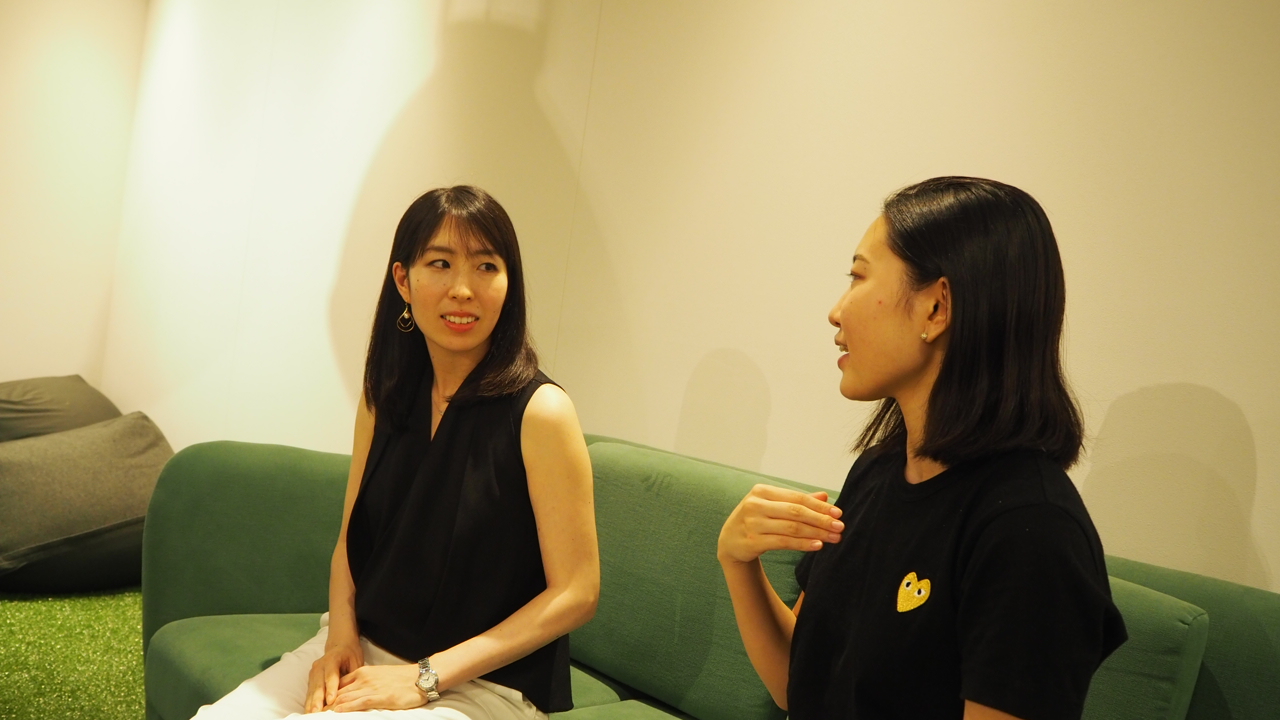
Takahashi: I used to conduct a questionnaire on a TV program asking young people in Shibuya, "What do you think of Japan in the future?", But surprisingly many people were optimistic. However, it was rather passive optimism, and there were many answers such as "Isn't it okay as it is?" I personally think that it is a conditional positive optimism, or "it is dangerous as it is, but if we do our best, we will somehow move in the right direction."
Ozawa: At what point did you get the motivation for the social problem of "let's do our best"? Did you have any motivation before you entered college?
Takahashi: There are many doctors and researchers in my family, and because of that, I've always wanted to do life science research since I was a high school student. I vaguely thought that it would be great if the research could be useful to society. But my motivation accelerated after I entered university. While researching the prevention of lifestyle-related diseases using genes, I became more and more absorbed in the research and thought, "What should I do to implement this in society?" As a result, I decided to create a company called GeneQuest. Did. Originally I didn't intend to start a business, but it was a way that I could see as a way to bring out research results for the sake of society. I think that people are passionate about acting. I'm sure high school students ask me what I want to do, but I don't know the options, so I don't get the answer that I want to start a business. In that sense, I think it is important to "reduce what you have never done".
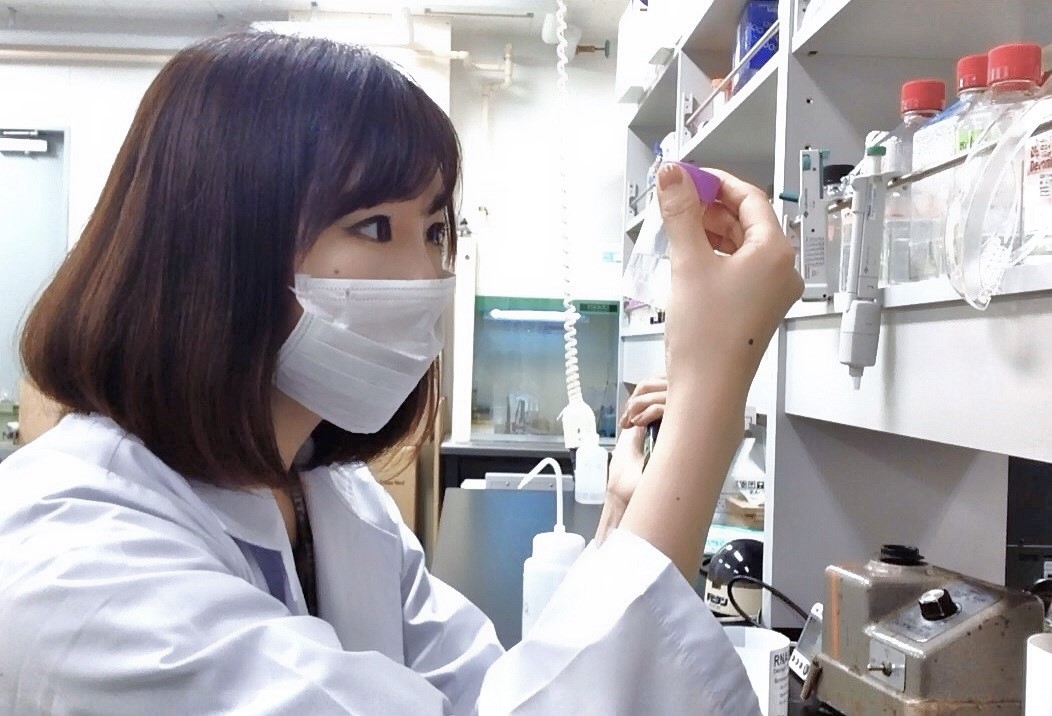
Ozawa: I myself have been studying intestinal bacteria since my first year of high school, but as I started researching Euglena 's CFO and many other things, I was most interested in what I was doing. Sometimes I didn't know if I was there. I also think that deciding that will be an issue for the university in the future.
Takahashi: When you are having trouble selecting an area, I think you should move in a wide range of options. I chose the Faculty of Agriculture at university because of its wide range of fields. Some were studying the economy, others were digging into fisheries, soil and molecular biology. When choosing the path of "researcher or entrepreneur", I also chose the one with the wider choice. If you fail to start a business, you can go back to college, but it may be difficult to choose a researcher's path and then start a business in your 50s. I thought that way.
"Future story" enriches the present
Takahashi: Mr. Ozawa is seriously worried about choosing a career path because he recognizes global issues as his own. What do you think makes the difference between those who see global challenges as their own and those who do not, including Summit members?
Ozawa: I think it's the "passive or not" part that Mr. Takahashi mentioned earlier. The members of the Summit have some form of experience in which they have encountered something that they feel is a problem to be solved. I think the learning and discoveries gained there bring about activeness. It's easy to sympathize with the suffering of Africans, but I feel that the important thing is to be able to use your imagination.
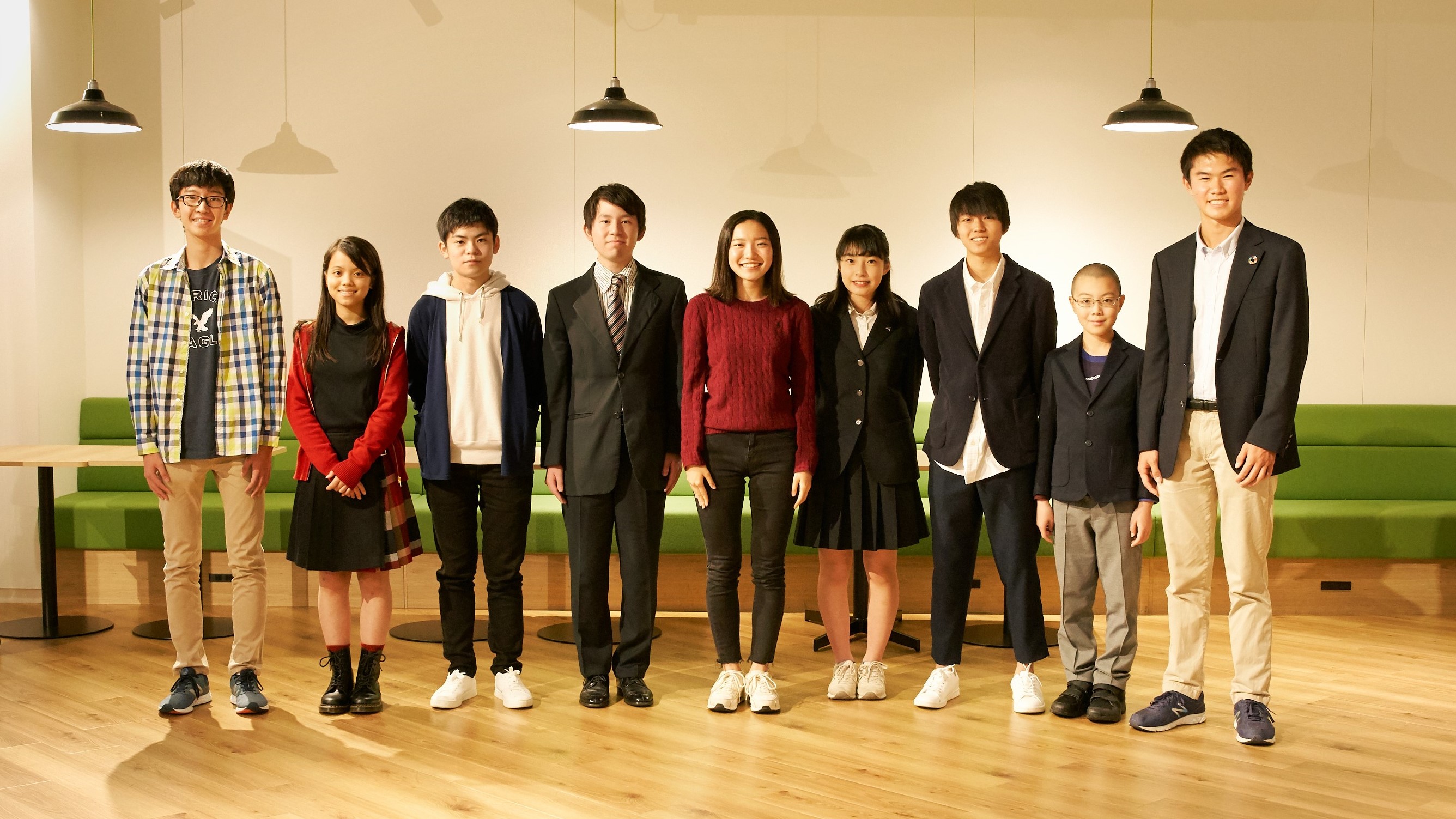
Takahashi: How do you think that richness of imagination is formed?
Ozawa: In my case, in order to broaden my horizons, I just went into various environments.
Takahashi: It's just an "experience". That may be what is needed for future education. Instead of answering questions that have the correct answer, ask yourself questions through experience. I think that kind of education is important.
Ozawa: In education so far, studying for entrance exams is all about finding a fixed correct answer to a given question, isn't it? Of course, I think it is very important to have a desk education such as studying for entrance exams.
Takahashi: I think that the ability to ask questions is really more useful after coming out into society than solving those given questions. Although the knowledge of biology that I have learned is being put to good use now, the most useful learning that is the basis of my research and business is my graduate school research, where I learned about the world and asked myself questions. It was a cycle of hypothesis testing and transmission. I think that leads to the ability to ask yourself the question, "what do you want to do?"
Ozawa: By the way, that was the difference I felt when I experienced Japanese and American societies. In the United States, I get the impression that there are relatively many people who clearly say what they want to do. I think it's worth saying and taking action, just as the top management of a company can make a big difference in feasibility by saying "I want to do it."
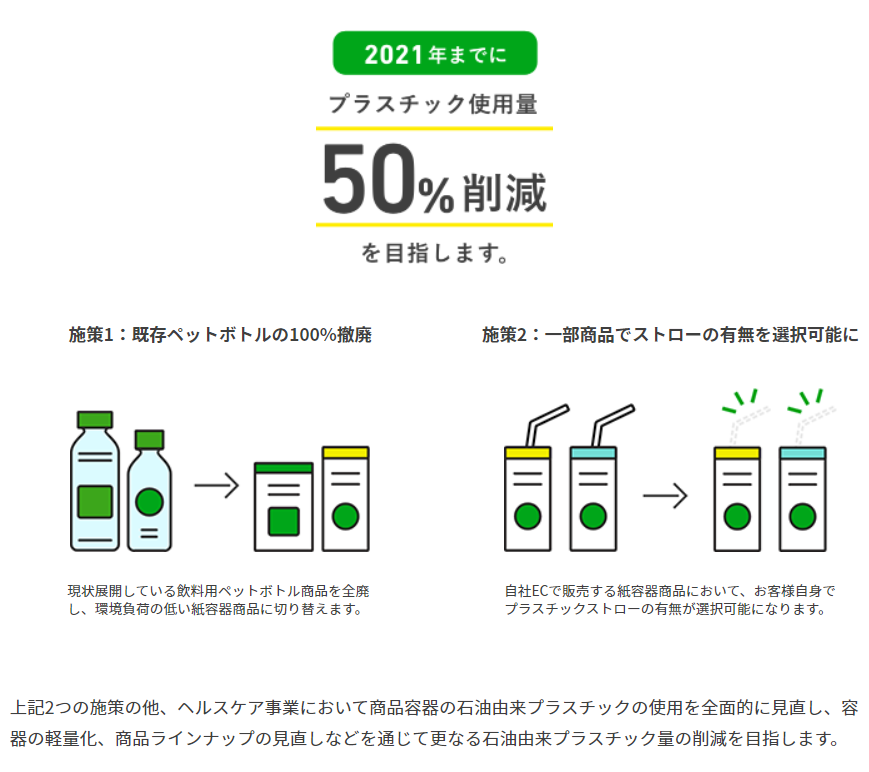
Takahashi: In Japan, I feel that there are many people who say that they don't say what they want to do because they are embarrassed if they fail to say it. Actually, I'm desperately studying for a test, but I tell my friends that I'm not studying at all (laughs). I hope more people can say, "I studied a lot!"
Ozawa: That's right. It's not embarrassing to say my dreams, and I feel that my heart will not be enriched unless I create a society like that. Even if you try and fail, you should evaluate the process. That is what leads to growth. While saying that failure is the source of success, I think that the culture of exposing failure has not yet penetrated into Japan. It's the same as trying various things, and I think that you should make a judgment by seeing it with your own eyes, rather than being afraid of imagining an invisible world.
Takahashi: I think the "future story" may enrich the "now." The affluence is completely different between "now", which has a story that "the concentration of carbon dioxide on the earth can be improved by making efforts", and "now", which says that "it only gets worse with efforts". Therefore, I would like to continue telling a positive story for the future, and I would be grateful if Mr. Ozawa, who will surely become the leader of Japan's future, would do so. Young people should have stronger ability to draw the future.
Sentence / Shinsuke Tada
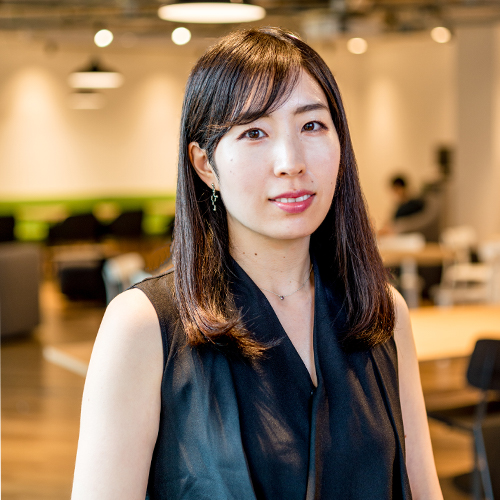
Born in 1988. Graduated from the Faculty of Agriculture, Kyoto University.
In June 2013, while enrolled in the doctoral program at the Graduate School of Agriculture and Life Sciences, the University of Tokyo
Established GeneQuest Co., Ltd.
Completed the doctoral course in March 2015 and obtained a doctorate.
We provide a genome analysis service that conveys genetic information on disease risk and constitution to individuals.
April 2018 Appointed Executive Officer in charge of Bioinformatics Business, Euglena Co., Ltd.
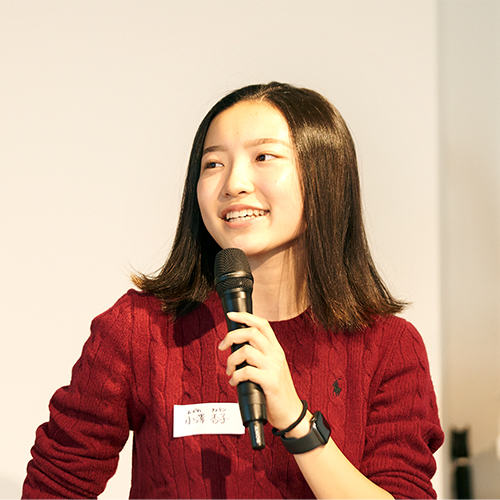
Born in 2002. Third year high school student (as of September 2020). returnee children.
Received a silver prize at the Junior Society for Bioscience and Biotechnology.
Opinion statement posted in the academic journal ATOMOΣ.
In addition, the experience of the vice chairman of the sports festival executive committee and volunteer activities are carried out.
October 2019 Appointed as the first CFO (Chief Future Officer) of Euglena Co., Ltd.

